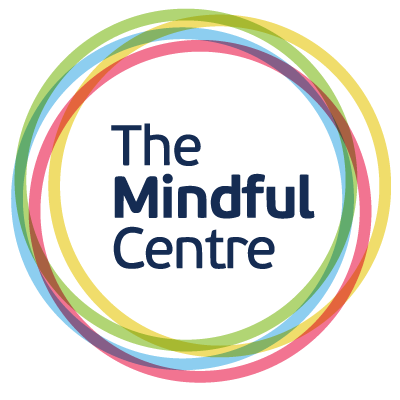Neuroplasticity: What is it and why is it the reason we can change the way we think and how our brains develop?
From the moment we are born, our brain is subconsciously absorbing all the factors of life, developing your beliefs, likes, dislikes, adapting, and changing our understandings based on our experiences.
The brain is truly phenomenal! It enables us to think, learn, create, feel, remember, move, react, and live, all in a day’s work. Absolutely amazing! If it can do all of that subconsciously, why are we surprised when we say that we can change the way our brains develop, and the way we think? Imagine what our brains could do if we made a conscious effort…
When we learn something new or have new experiences, we create new connections between the neurons in our brains and develop existing connections. This continual adaption of the brain is referred to as ‘Neuroplasticity’. This happens on a daily basis, but it’s also something that we can encourage and stimulate.
What this means, is that we can actually rewire our brains, we have the ability to proactively and consciously restructure and develop our brain, our thought processes, and our response systems. This process explains how we can adjust, conquer new skills, store memories, retain information or even recover from serious injuries.
A person with a growth mindset believes that he or she can get smarter, better, or more skilled at something through sustained effort—which is exactly what neuroplasticity tells us we can do. You might say that a growth mindset is simply accepting the idea of neuroplasticity!
But how do you actually take the steps to rewire your brain?
Neuroplasticity can happen quickly or can take some time, one that takes practice and patience, but the more you practice the stronger the neurol connections become.
There are commonly 4 steps for Neuroplasticity:
1. Set your goals
2. Recognise/remove any barriers stopping you from achieving these
3. Make conscious decisions towards your goals
4. Seek pleasure in and set rewards for positive behaviour
The new behaviour and pathway is then strengthened through positive re-enforcement of a changed behaviour. With practice and consistency, a new pathway is formed, and you will find these changes in behaviour are easier, eventually becoming your new normal.
Neuroplasticity can be very beneficial for your well-being. This exercising of the brain can help you become more resilient to resolving conflicts, lifestyle changes or adapting to new environments. It can help develop a wide range of enhanced cognitive abilities and progress more effective learning.
Now you know the power of your brain, what will be your goal?
